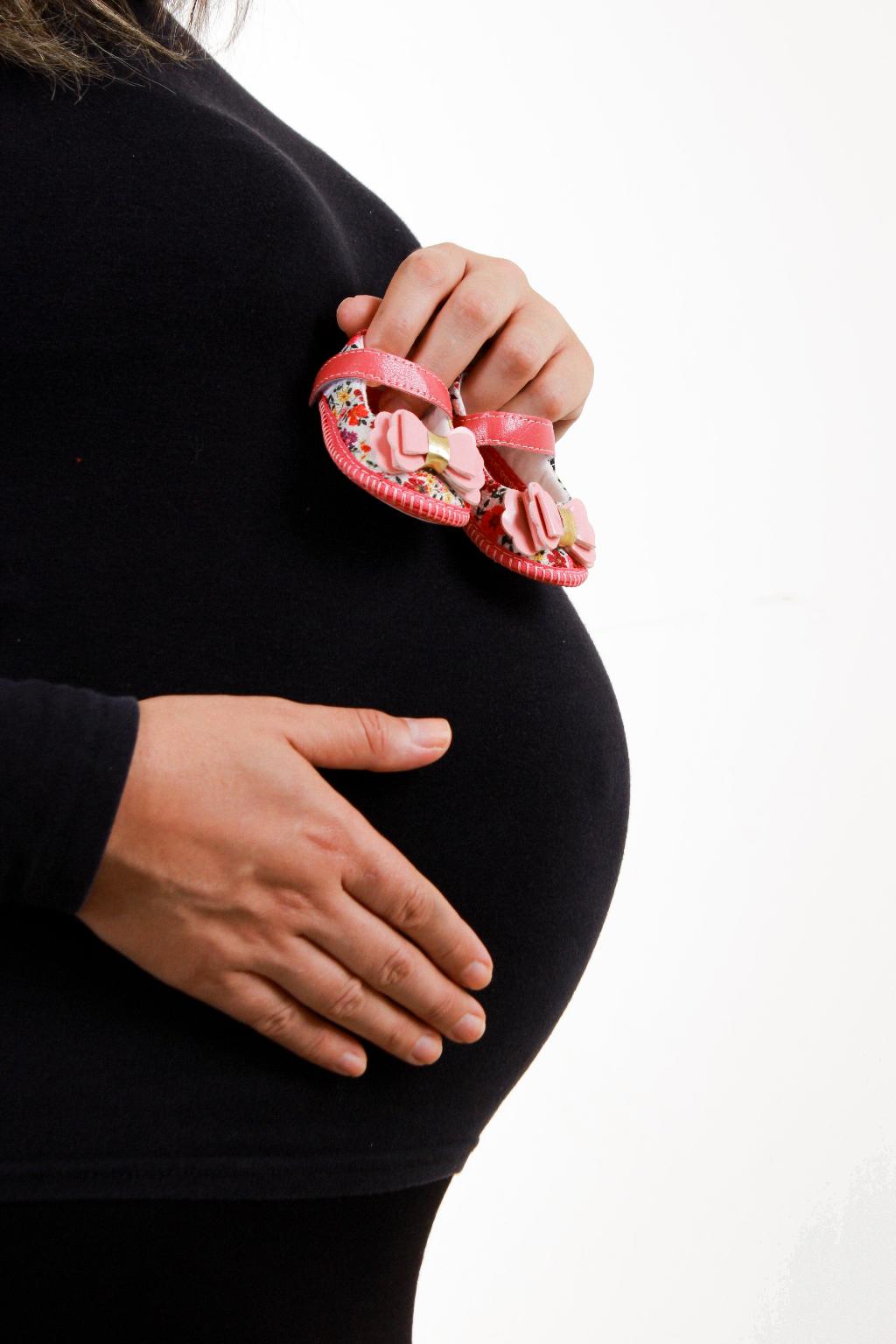When it comes to taking a pregnancy test, the timing of when you collect and use your urine sample can play a crucial role in determining the accuracy of the results. One common question that often arises is: How long can urine stand before a pregnancy test? Let’s dive into the details to understand this better.
Urine Specimen Storage
According to experts, urine specimens can typically be stored for up to 8 hours at room temperature. This means that if you collect a urine sample for a pregnancy test, you should ideally use it within 8 hours for the most accurate results. However, if you need to store it for a longer period, refrigeration can extend the storage time up to 72 hours.
Factors Affecting Urine Sample Stability
Several factors can influence the stability of a urine sample, including temperature, exposure to light, and the presence of preservatives. Room temperature is generally considered acceptable for short-term storage, but refrigeration is recommended for longer preservation.
Effects of Delayed Testing
If you allow your urine sample to stand for an extended period before conducting a pregnancy test, certain chemical reactions may occur within the sample that could potentially impact the accuracy of the results. It is always best to follow the recommended storage guidelines to ensure reliable outcomes.
Importance of Fresh Urine Sample
For the most reliable results, it is generally advised to use a fresh urine sample as soon as possible. Fresh urine is less likely to undergo changes that could interfere with the pregnancy test process, increasing the likelihood of obtaining an accurate result.
Proper Handling of Urine Samples
When collecting and storing urine samples for a pregnancy test, it is essential to follow proper handling procedures to maintain sample integrity. This includes using clean containers, avoiding contamination, and adhering to recommended storage conditions.
Impact on Test Sensitivity
The sensitivity of a pregnancy test can be affected by the quality of the urine sample used. Allowing the sample to stand for an extended period or exposing it to unfavorable conditions may compromise the sensitivity of the test, potentially leading to false results.
Consulting Healthcare Providers
If you have any concerns about the handling or storage of your urine sample for a pregnancy test, it is always advisable to consult with your healthcare provider. They can provide specific guidance tailored to your individual situation and ensure the most accurate testing process.
Follow Instructions Carefully
When performing a pregnancy test at home, it is crucial to carefully read and follow the instructions provided with the test kit. These instructions typically include specific guidelines on urine sample collection, storage, and timing to achieve reliable results.
Reliability of Results
By following the recommended guidelines for handling urine samples and conducting a pregnancy test, you can increase the reliability and accuracy of the results. Proper sample collection and storage are essential factors in ensuring that the test outcomes reflect your true pregnancy status.
Conclusion
In conclusion, the duration for which urine can stand before a pregnancy test is crucial in determining the accuracy of the results. Adhering to recommended storage conditions, using fresh samples, and following proper handling procedures are key aspects to consider for reliable testing outcomes. If in doubt, always seek guidance from a healthcare professional to ensure the most accurate testing process.

